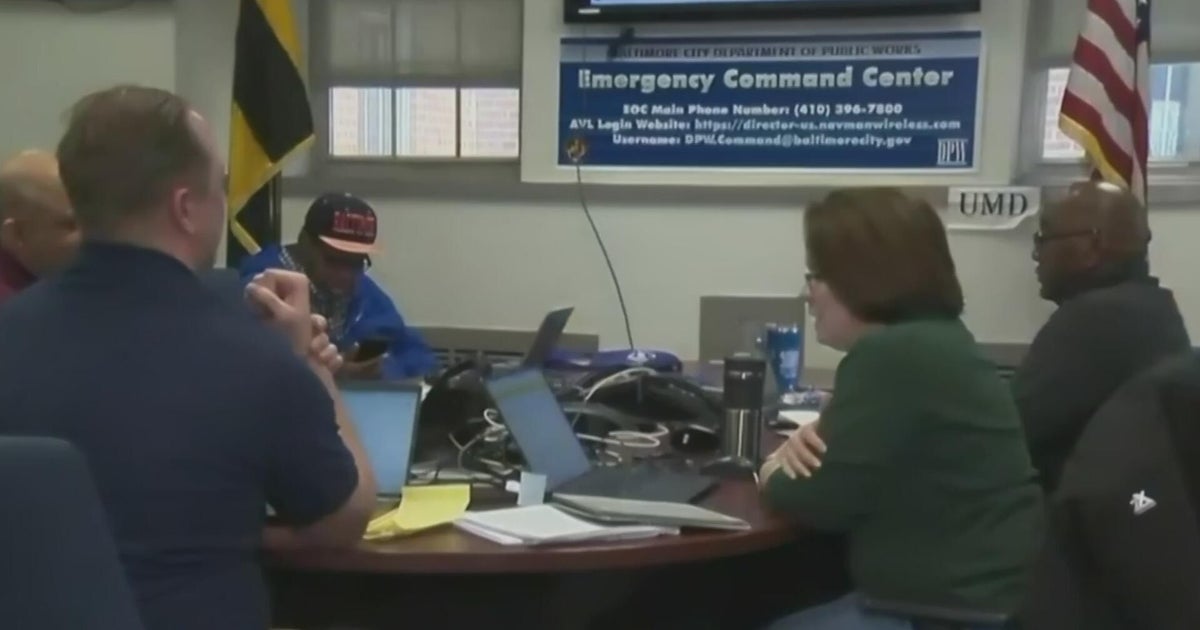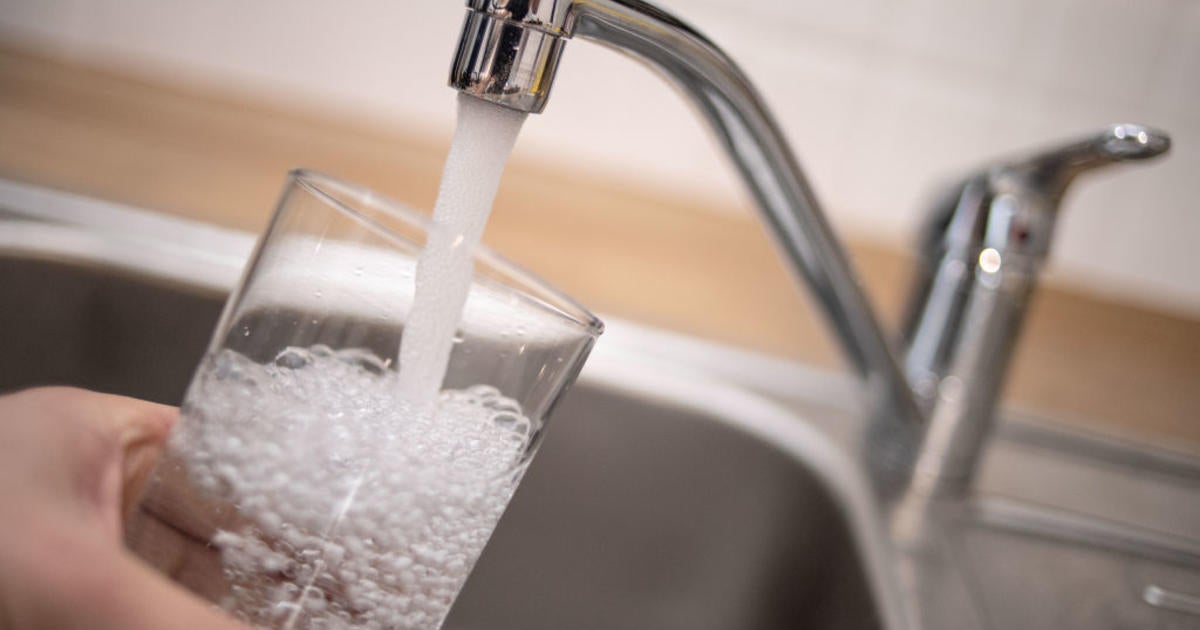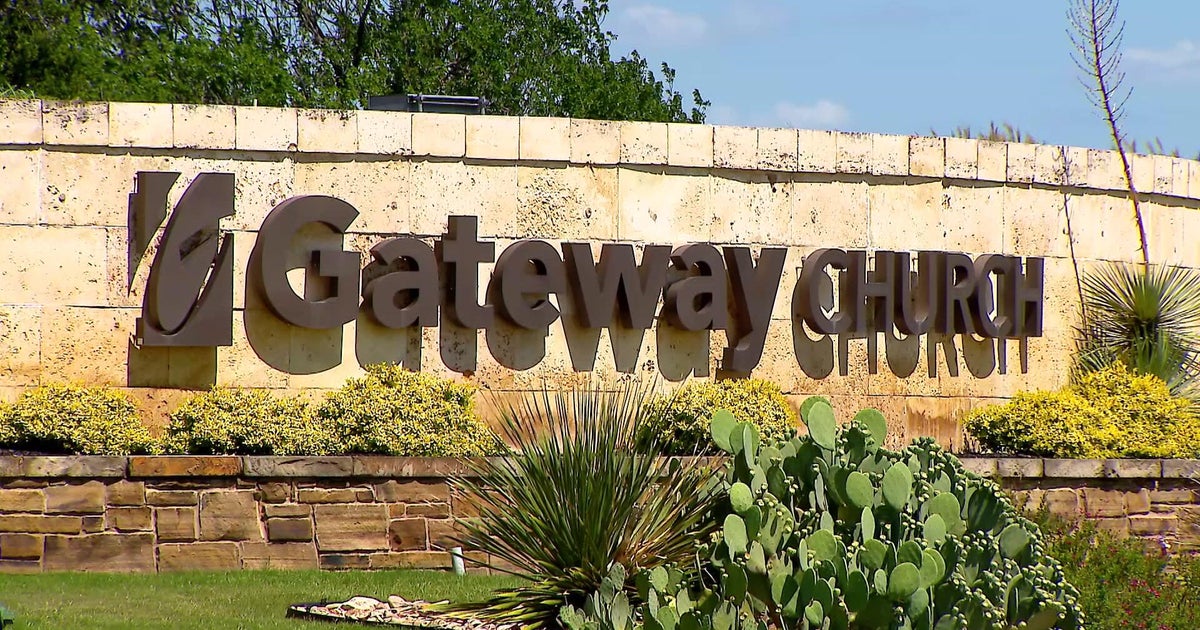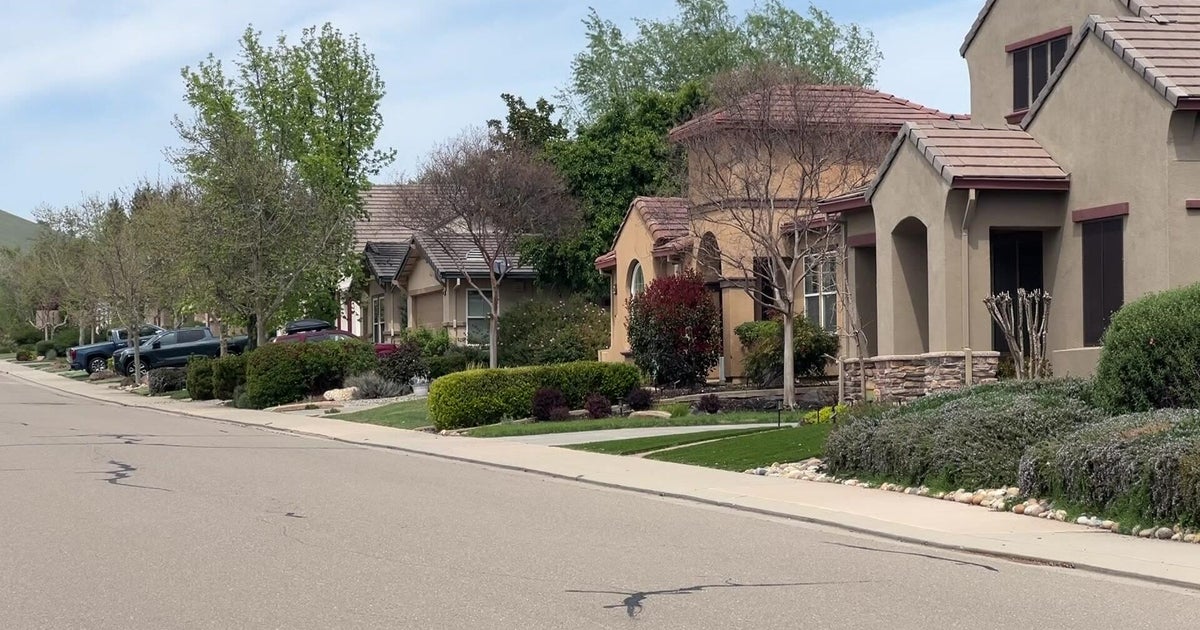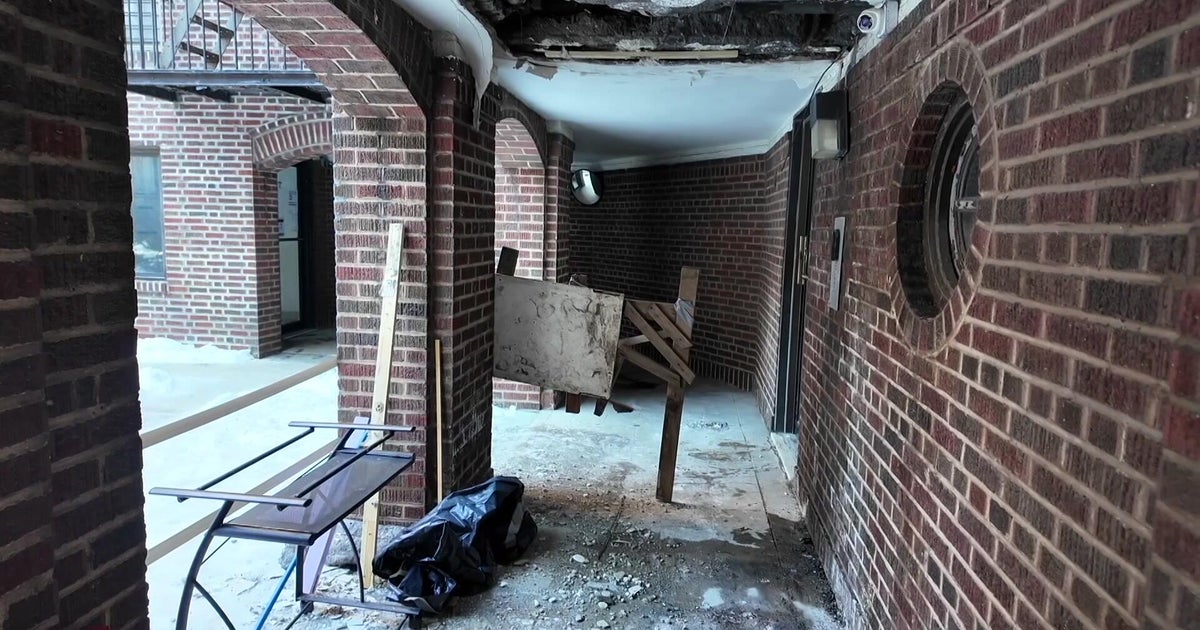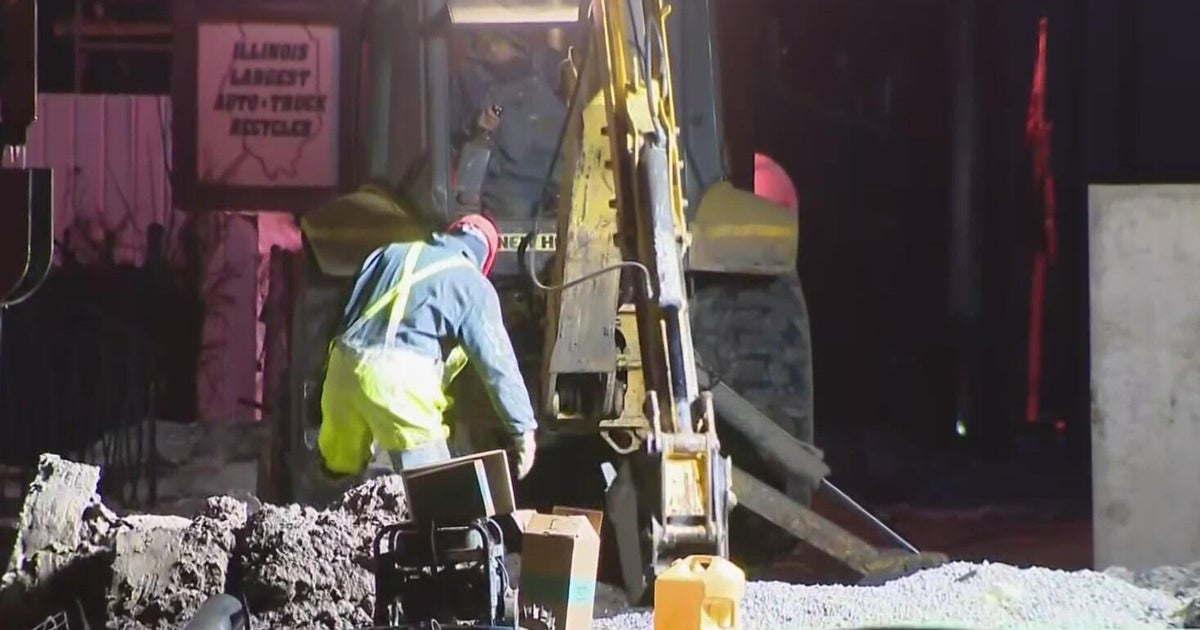Key Biscayne commits $75 million for infrastructure after past floods
MIAMI - The Village of Key Biscayne is committing $75 million to address the infrastructure issue on the island.
The goal is to protect against flooding, rising sea levels and severe rain events through a new program called The Resilient Infrastructure and Adaptation Program, or RIAP. It was born out of the unsafe conditions around Key Biscayne K-8 that village leaders said floods with between two to three feet of water during rain events.
Zone 1 is the focal point of the project. Residents said flooding is an issue that has been addressed in the past.
"They did work like 15 years ago and it helped, but I think it needs more improvement," said Zone 1 resident Ana Maria Jauregui.
Village Manager, Steve Williamson, agrees. "We have a stormwater system that is kind of a mixed mask. It's haphazard, put together at different times and places, and to be honest, it's not adequate for the current threats that we face," he said.
That is why they've come up with RIAP, which comes with a price tag of $75 million, with $2 million coming from the Miami Dade Water and Sewer Department, roughly $41 million borrowed from the state revolving fund, and $15 million in grant money.
Officials said only $4 million will be paid for by residents. Each year, residents can expect to pay $150-$1,200 depending on the value of their home.
Former village councilman and Zone 1 resident Luis de la Cruz believes the plan is premature. He tells CBS Miami that the well system that drains water from the streets needs to be maintained and then monitored over the next few years.
"We have 39 of those in the village of Key Biscayne. Twenty seven of them have not been properly maintained and the 12 that have been maintained only in the last two years," he said.
Manager Williamson said maintenance will be conducted simultaneously. "So, while we're doing and focusing on Zone 1, which is our most flood-prone area in the village, we're of course going to continue doing maintenance," he said.
In addition to addressing the stormwater system through RIAP, a new storm pump will be built, utility lines will be put underground, and roadways will be rebuilt.
Village officials said if they don't address these issues, the island's property value may decrease, insurance rates may go up and the overall quality of life will go down.
Zone 1 is only the beginning of the Greater Island Resilience Project. Construction is scheduled to begin at the end of 2025 or early 2026.
Following the airing of this report, the Village of Key Biscayne sent this information to CBS News Miami to address comments made by its residents regarding stormwater wells: "We are having a discussion in the village about what work has been done and what is the best approach to addressing our flooding problems, so I want to make sure we share the right numbers."
The village stated these were better number counts than previously mentioned:
- 13 wells were rehabilitated in 2020
- 7 wells rehabilitated in 2021
- 10 rehabilitated in 2022
- 3 rehabilitated in 2023
- 10 scheduled to be rehabilitated by the end of 2024
The village told CBS News Miami that "rehabilitated" means steps are being taken "beyond regular maintenance and repair."


